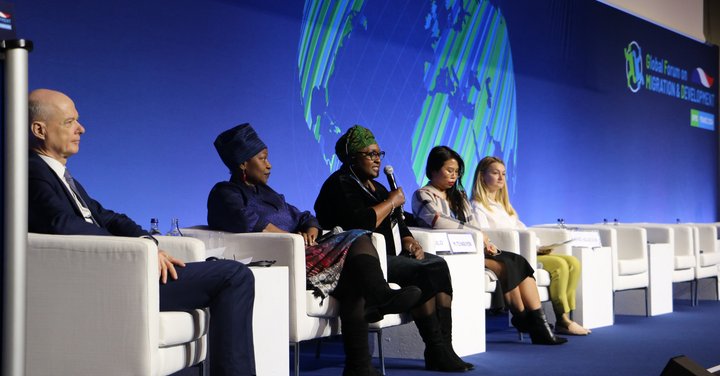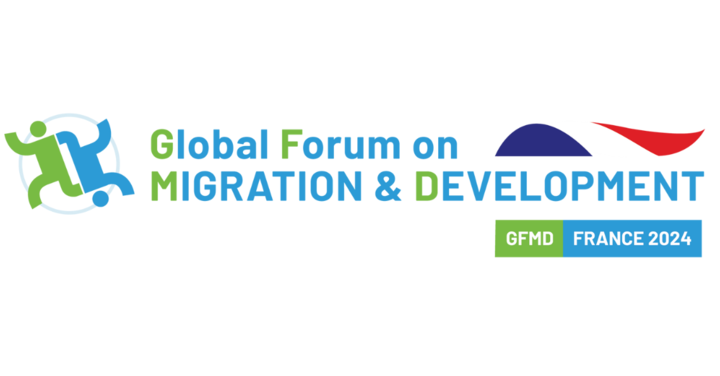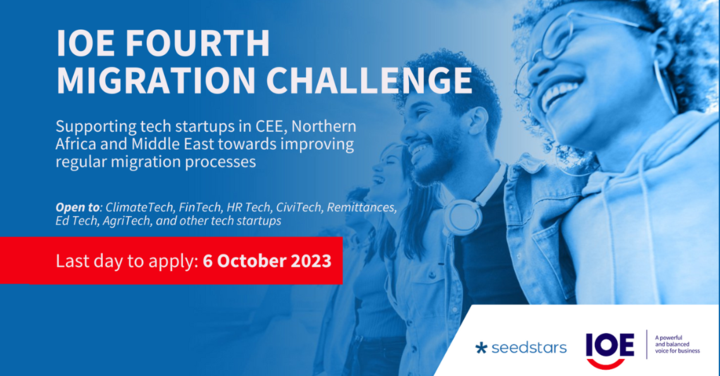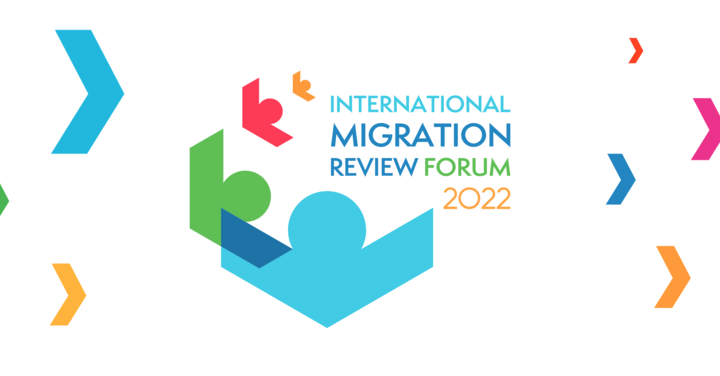What is Labour Migration?
Approximately 3 percent of the world's population – some 232 million people – are living (and in large part working) in a country other than that of their birth. Labour migration issues raise complex and sensitive political, human rights, economic and social concerns, as well as an array of legal and regulatory challenges.
Why is Labour Migration relevant for business?
- Efficient migration systems respond to labour market needs.
Employers regard migration as a vehicle for fulfilling personal aspirations; for balancing labour supply and demand; for sparking innovation; and for transferring and spreading skills. All employers benefit from clear, transparent, and efficient national immigration laws and policies that permit the movement of workers when and where they are needed. Overly complex and sometimes frequently changing systems hinder compliance with national laws and threaten labour market protections. The current trend of using migration as a political tool may prove to be harmful for business expansion and economic growth.
- Efficient migration systems produce fair and ethical recruitment.
Few governments have well-regulated systems for the legal movement of low skilled workers. This situation enables many low skilled migrants to become the victims of abusive recruitment practices, such as debt bondage, forced labour and human trafficking that is often carried out by unregulated intermediaries to secure jobs abroad.
What is IOE’s position on Labour Migration?
IOE works on a number of initiatives aiming at improving regulatory frameworks conducive to labour mobility, while reducing exploitative recruitment practices in international labour migration.
Businesses are frequent and important users of national migration systems. Their experience with the practical workings of immigration policies, as well as knowledge of emerging market and staffing trends, can supply important information to governments and international organisations and enhance migration governance. Thus, the participation of the private sector in public-private dialogue is essential to the development of well-regulated migration systems.
How does IOE's work on Labour Migration enhance the agenda for business?
IOE coordinates the input of the private sector to the Global Forum on Migration and Development (GFMD). The interaction with employers enables governments to understand how migration policies and practices affect business operations at national level.
- Cooperation with the IOM
IOE has signed an agreement with the International Organization for Migration (IOM), committing to finding practical and operational tools for use by governments and business to combat unscrupulous recruitment practices. One such tool is the International Recruitment Integrity System (IRIS), a voluntary accreditation system for recruitment intermediaries so that they can demonstrate their commitment to fair and ethical practices.
- ILO Fair Recruitment Initiative
With the participation of the International Trade Union Confederation (ITUC), IOE and the World Employment Confederation (WEC), the ILO has launched a Fair Recruitment Initiative, which aims to prevent human trafficking, promote safe migration, and reduce the costs of labour mobility. With regard to international labour standards on migration, the IOE is pushing for revision of ILO Conventions 97 and 143 to make sure that they address current migration challenges.
An important dimension of the migration debate centres on how to evaluate and recognise credentials and skills in a wide range of regulated and unregulated professions. The ILO has recognised expertise in the area of skills and training.
- Global Compact for Safe, Orderly and regular Migration (GCM)
IOE actively contributed to the negotiation process of the Global Compact for Safe, Orderly and Regular Migration (GCM), that reached agreement in July 2018 at the United Nations Headquarters in New York. Although non-legally binding, the GCM has a very important political value and is considered as the global framework to manage migration.
IOE has established a Policy Working Group on International Labour Migration, chaired by Lindiwe Sephomolo (ALEB, Lesotho).
No upcoming events currently scheduled...








